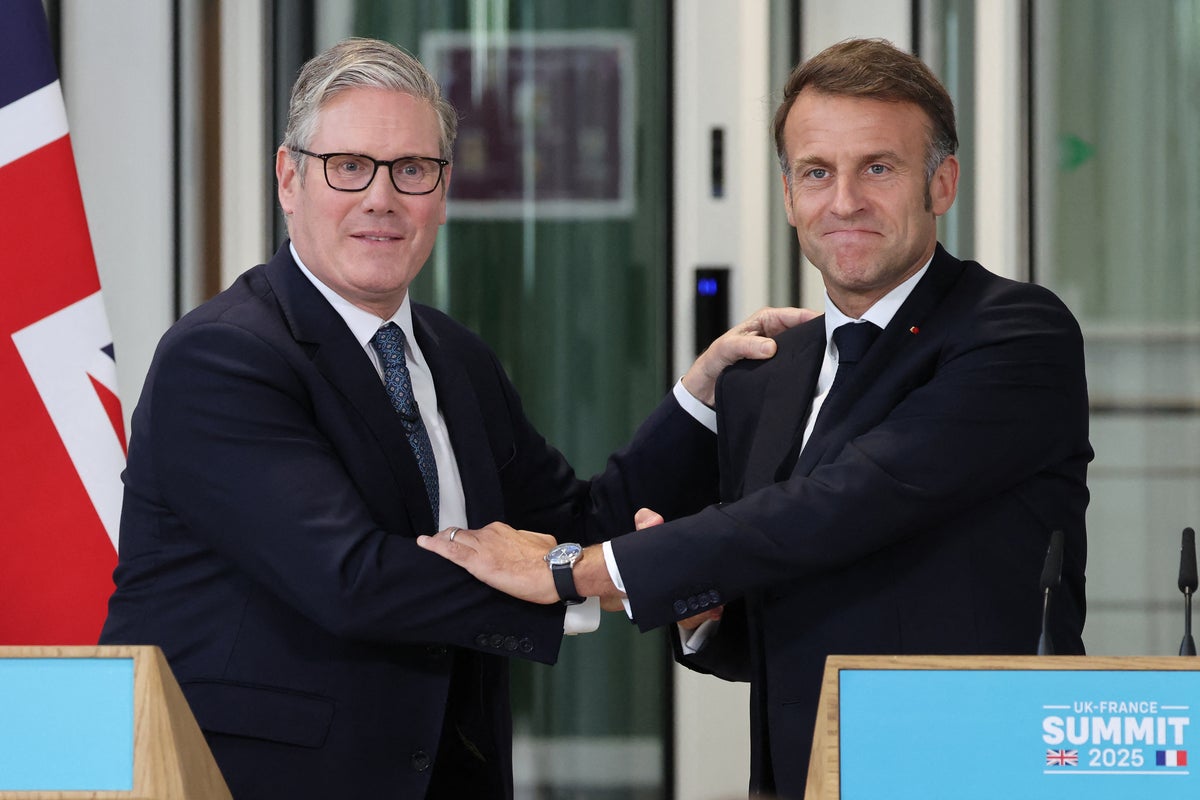The Evolving Dynamics of UK-France Relations Post-Brexit
In the aftermath of Brexit, the relationship between the United Kingdom and France has faced significant challenges, making the recent state visit by President Emmanuel Macron a pivotal moment. The three-day visit marked a notable effort to mend diplomatic ties that had soured during the Brexit negotiations, and the positive reception in Downing Street speaks volumes about the importance of this visit.
Recommended reading: Top 7 Best Foods to Lose Weight
A Ceremonial Welcome
The UK rolled out the red carpet for Macron, with bright sunshine and flying flags creating a festive atmosphere. This display of ceremonial grandeur reflects an intention to foster a more amicable diplomatic climate, which is crucial for moving beyond the negative impacts of Brexit. Improved relations could potentially facilitate solutions to longstanding issues that have marred the partnership between the two nations.
The “One-in, One-out” Agreement
A key outcome of Macron’s visit was the introduction of the so-called “one-in, one-out” agreement concerning Channel crossings. This agreement aims to address the ongoing crisis of small boats crossing the English Channel, which has been a contentious issue in UK politics. However, critics argue that this focus on small boats overshadows more significant matters that could be dividing the two countries, such as defence cooperation, Atlantic alliances, and nuclear partnerships.
The recent agreement has been framed as a step towards cooperation, but its efficacy remains questionable. While the UK government has struggled to manage the rising numbers of small boat arrivals—reportedly close to a 50% increase in recent times—there is a palpable sense of urgency to demonstrate progress in this area. The political landscape further complicates matters, with opposition leaders like Sir Keir Starmer eager to secure any form of agreement to alleviate the situation.
Questions Surrounding the Agreement
Despite the optimism surrounding the new arrangement, several concerns emerge regarding its practical implementation and overall impact. First and foremost, it is essential to note that this initiative is merely a pilot project, which raises questions about the government’s commitment to a long-term solution. The disparity in enthusiasm between the UK and France regarding the agreement highlights its fragility; while the UK seeks to reduce boat arrivals, France appears less invested in the specifics of the plan.
Moreover, the political interests of the two nations differ significantly. The UK government is under pressure to show tangible results in curbing the number of small boats, while France’s primary concern lies in managing the conditions of migrant camps within its borders. These camps, although problematic, do not carry the same weight on the national agenda in France as small boat crossings do in the UK.
The Root of the Problem
At its core, the issue of small boat crossings is fundamentally a UK problem, tied closely to the aspirations of migrants seeking a better life in Britain. While UK politicians often blame their French counterparts for the perceived lack of policing on the French side of the Channel, it is crucial to recognise that France may have its own reasons to allow migrants to leave. The ethical implications of preventing people from seeking better opportunities cannot be overlooked.
The “one-in, one-out” approach fails to address these deeper issues. Furthermore, if the maximum target of returning 50 individuals weekly to France is achieved, this number remains a mere drop in the ocean compared to the thousands arriving. The notion that this agreement will deter future crossings or disrupt the established ‘business model’ of people smuggling feels overly optimistic.
The Implications of Family Ties
Another critical aspect of the agreement concerns the potential for it to create new pathways for family members of migrants already in the UK. Many current arrivals may have relatives in the country but lack the legal means to sponsor them. Should the new agreement inadvertently facilitate these connections, it could undermine existing immigration rules.
Ultimately, while the “one-in, one-out” agreement may serve as a public relations effort aimed at showcasing action in response to the Channel crisis, it raises more questions than it answers. If this initiative yields no substantial changes or even negative outcomes, the political ramifications for the UK government could be severe. As the situation unfolds, the effectiveness of this agreement will be scrutinised, leaving the Prime Minister to navigate the political landscape with caution as he faces increasing scrutiny over his policies.
In conclusion, the recent state visit by President Macron has opened a dialogue between the UK and France, offering a glimmer of hope for improved relations. However, the complexities of the issues at hand require careful consideration and genuine collaboration to ensure that the partnership can thrive in the post-Brexit era.

